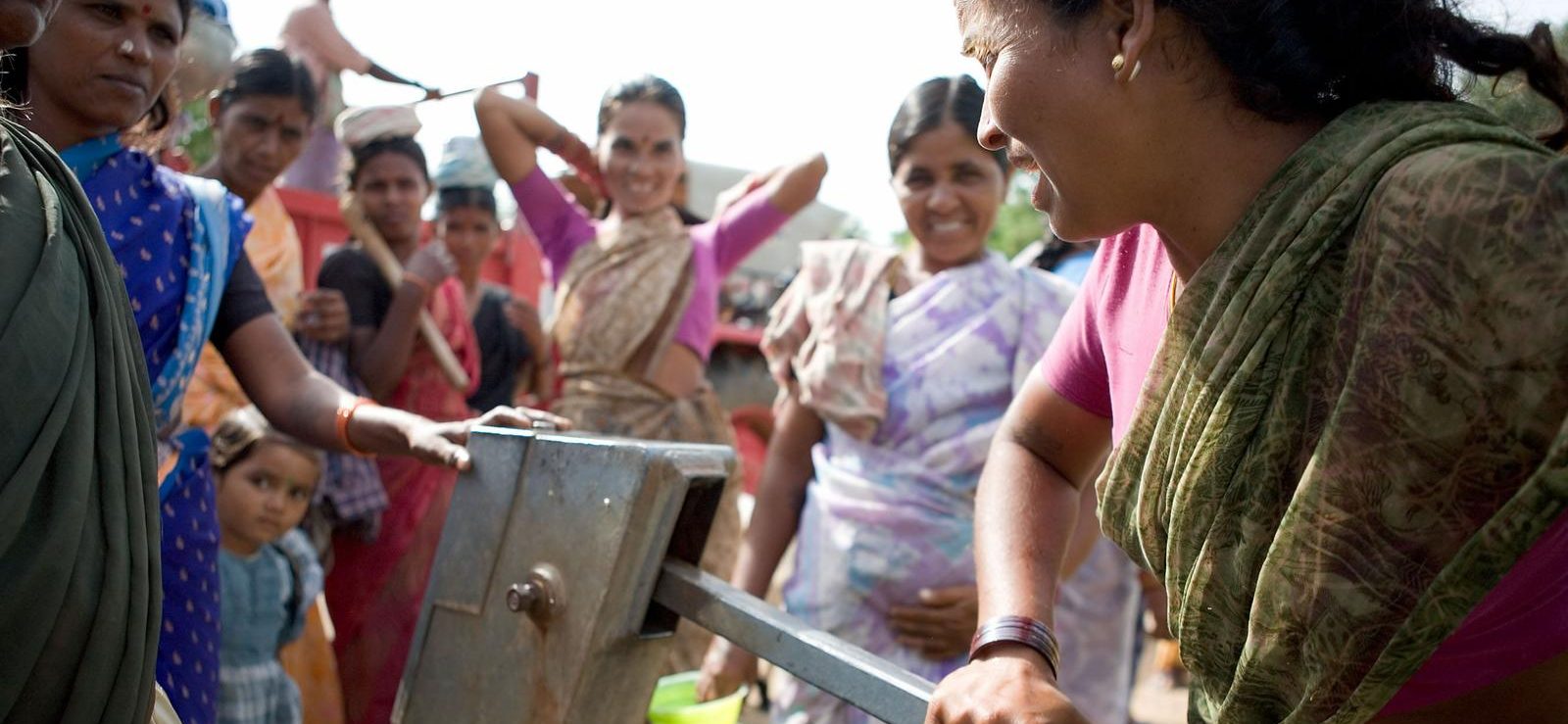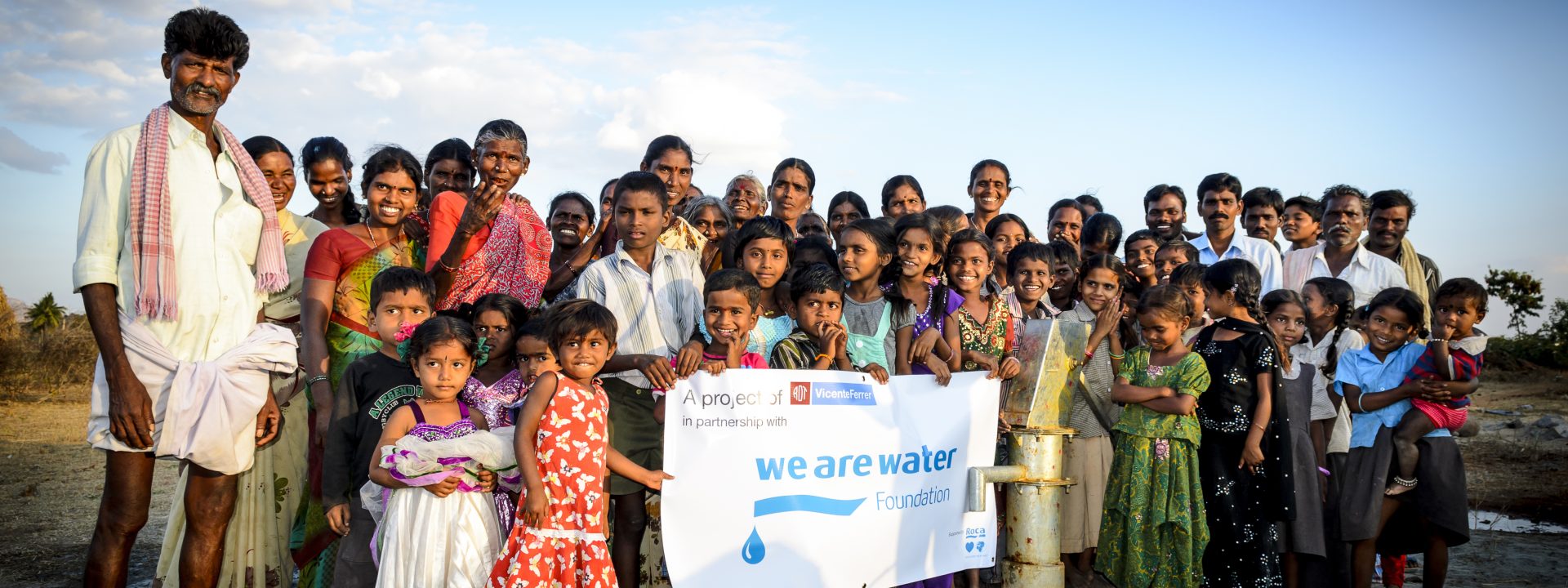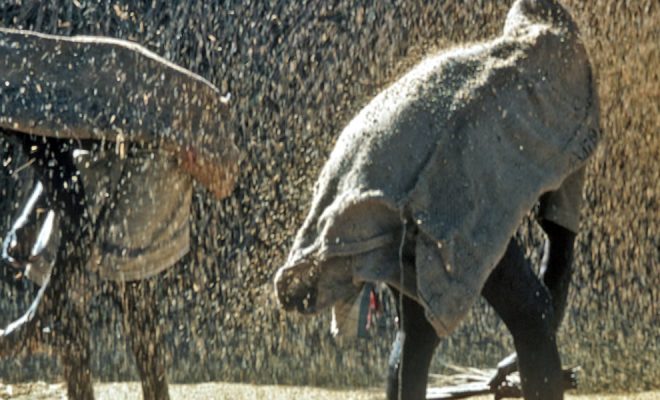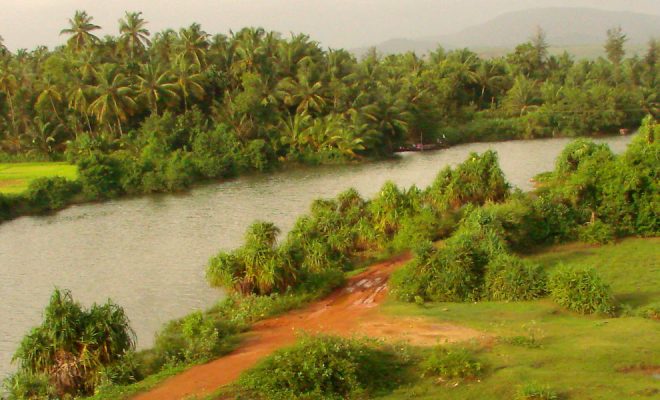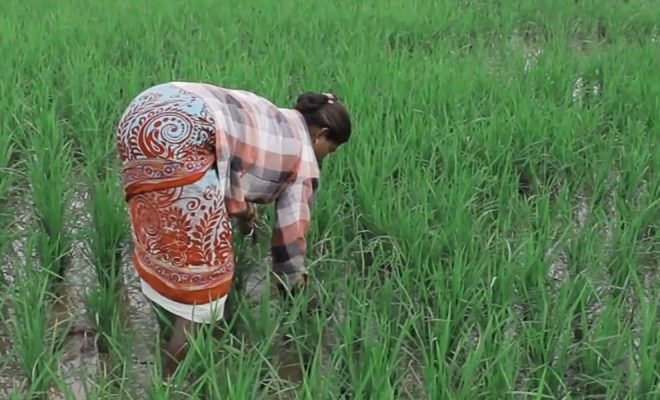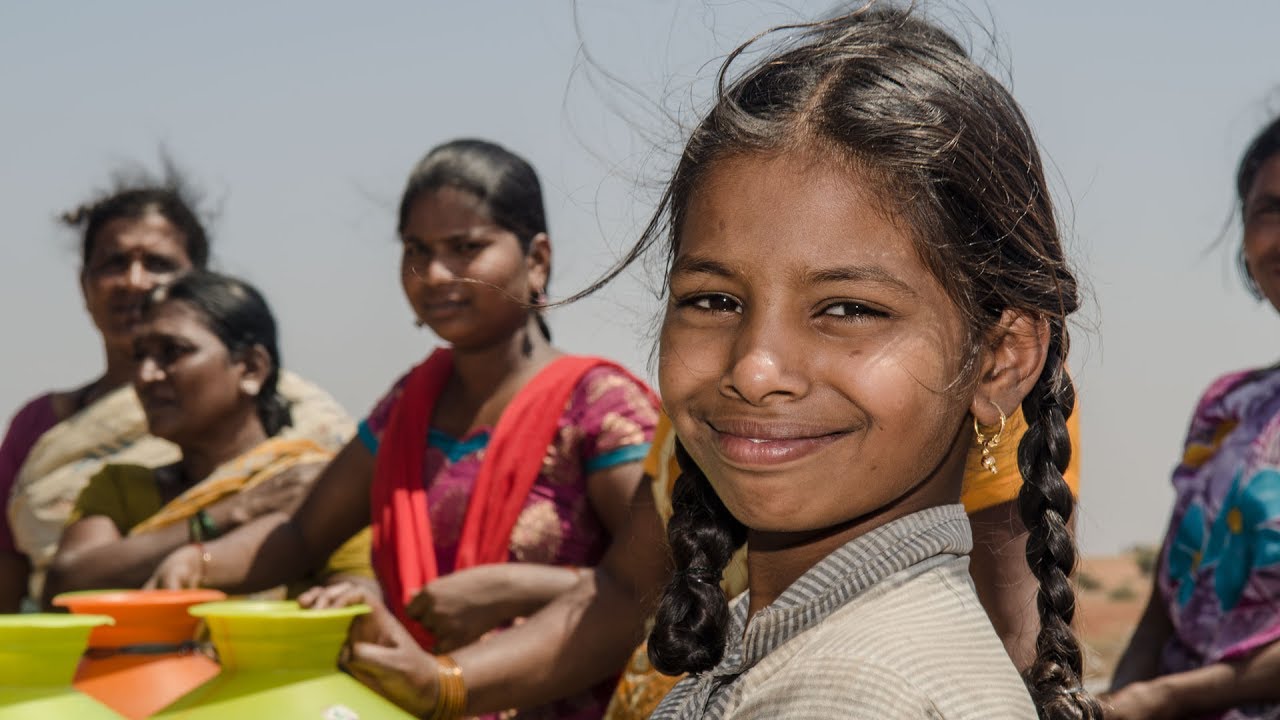
With over 1.335 billion inhabitants, India is the second most populated country on Earth and it will probably reach the demographic leadership in the 2030s. By then, India will be one of the major economic and technological powers, but it will also face some of the greatest development challenges no other country in the world has probably every seen: to provide water for agriculture, achieve adequate sanitation for the immense urban concentrations, end open defecation, clean rivers and regenerate aquifers, educate about hygiene and the preservation of the environment and provide safe access to water to all its citizens.
These are goals that need to eliminate the high poverty rate in the country and which take on a global dimension, as India is also especially menaced by climate change, which has already begun to take its toll in the form of droughts and flooding.
But the largest democracy in the world also has the capacity and the knowledge to develop the necessary solutions that will mark the roadmap for the future of mankind. The dynamism of its society has turned it into the largest emerging economy, with a growth of 7.5% in 2015, a rate that according to the government reached 7.6% in 2016, and it is the largest recipient of foreign investment in start-up companies, new companies that accumulate and generate a tremendous knowledge and technological leadership.
Close to the problems and the solutions
Since its establishment in 2010, the We Are Water Foundation has been present in India facing these problems and developing projects based on solution models. It has supported nine projects with the Vicente Ferrer Foundation that have provided access to water and sanitation to over 100,000 people. The drilling of wells, the collection of rainwater through the construction of reservoirs with the aim of getting over the periods of drought and recovering the aquifers to stop deforestation, the construction of latrines and sanitation in deprived areas, and the development of solar driven drip irrigation systems have been some of the objectives of the projects that have been carried out until now.
These projects join the other 21 the Foundation has supported around the world, helping over 300,000 people in 17 countries, apart from India. All of them, carried out in collaboration with seven international organisations, provide specific and tangible solutions from a global perspective based on education, health and the adaptation of infrastructures, and assume the philosophy of the Sustainable Development Goals driven by United Nations. Education and training are essential to empower those benefitting from these projects and to achieve long lasting infrastructures and knowledge that will grow over time.

From now on the We Are Water Foundation will be closer to India. It wishes to contribute to raise global awareness of the problems related to water and sanitation existing in this country and to provide solutions by giving support to the administrations, institutions and organisations that work on them. From the new headquarters of the Foundation in India, it aims to develop new projects, to follow their evolution closely, gathering the opinions of citizens. The Foundation wishes to raise awareness by creating and collaborating in communication campaigns that reveal the terrible injustice caused by the lack of water and adequate sanitation. The Foundation also aims to support the necessary actions to fight the negative effects of climate change, which can result in serious consequences for the economic and social development, and which are already affecting the world, threatening its future.
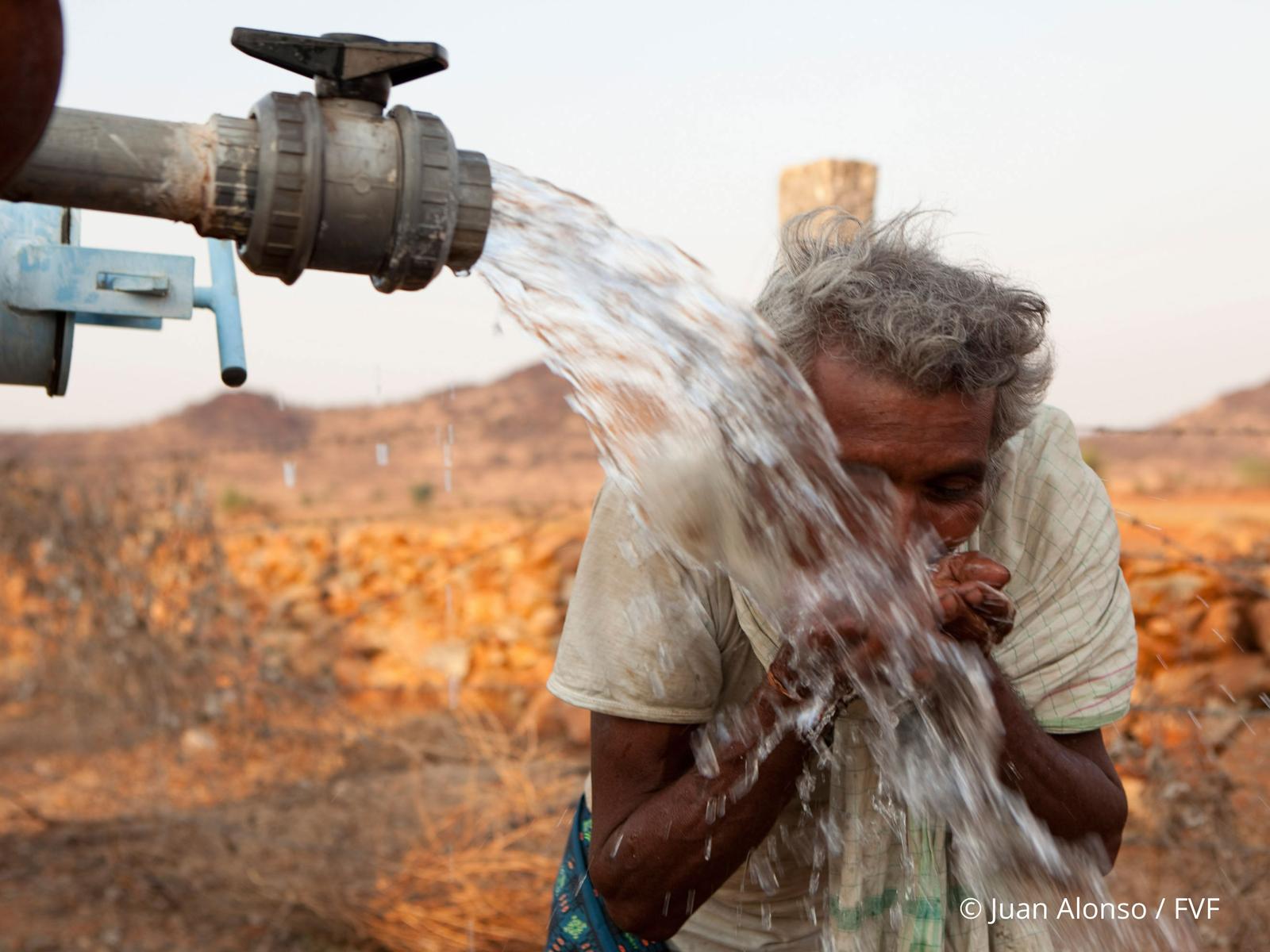
India has the seed to find all solutions: the knowledge captured by its ancestral culture and the enormous resilience proven throughout its history. Its immense development capacity will make this seed bear its fruits and it will force the country to face all challenges. India needs to become a reference point in water management and sanitation for the least developed countries and in adaptability and relief of climate change for the entire planet. There is a lot to be done in India, but there is a lot to be learnt as well.
